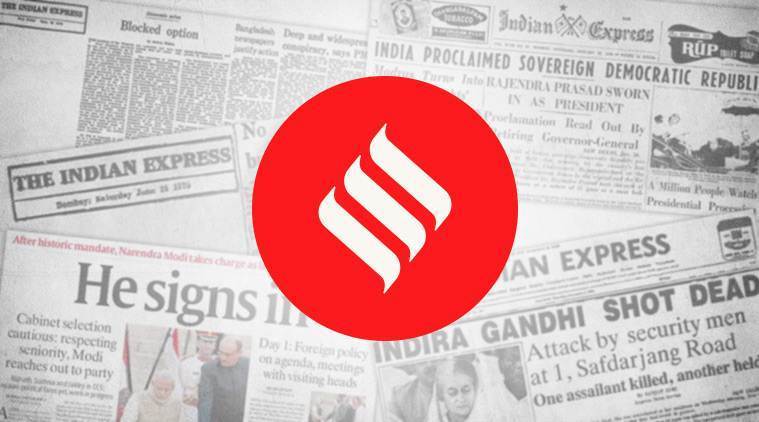 As Governor Shaktikanta Das has emphasised in the past, the RBI should also expand its use of unconventional policy measures to tackle this crisis.
As Governor Shaktikanta Das has emphasised in the past, the RBI should also expand its use of unconventional policy measures to tackle this crisis.
On Monday, data released by the National Statistical Office (NSO) showed that headline retail inflation, as measured by the consumer price index, fell to a four-month low of 5.9 per cent in March, down from 6.58 per cent in February. Much of this decline has been due to a moderation in food prices — the consumer food price index fell from 10.81 per cent in February to 8.76 per cent in March. However, it is likely that the imposition of the lockdown — it has now been extended till May 3 — will exert upward pressure on food prices in April due to supply chain constraints and households hoarding of food supplies. This expected surge in food inflation, while temporary, is unlikely to be offset by lower international crude oil prices. Notwithstanding the agreement between Saudi Arabia and Russia to cut oil production, crude oil prices are likely to remain subdued as global oil demand has collapsed. But, lower international crude oil prices are unlikely to translate to lower retail petrol and diesel prices in India as both central and state governments will use this opportunity to raise taxes to shore up their revenues. This implies that headline retail inflation is likely to remain elevated temporarily.
The next meeting of the monetary policy committee is scheduled to be held in early June by which time some data on the initial impact of the lockdown on the economy will be available. Given the widespread disruption in economic activity, there is a strong case for the MPC to continue to look through this expected surge in inflation. The overriding concern of the MPC should be to arrest the economic fallout of the coronavirus. And as transmission of rate cuts to the broader economy occur with a lag, it is preferable that the MPC frontload the rate cuts.
As Governor Shaktikanta Das has emphasised in the past, the RBI should also expand its use of unconventional policy measures to tackle this crisis. It should inject more liquidity into the system, expand the scope of the targeted long-term repo operations (LTROs) to facilitate credit flow beyond the investment grade companies, announce more forbearance measures, and extend NPA recognition norms. However, given the scale of the disruption, the RBI alone cannot be expected to do the heavy lifting. More fiscal support is needed.